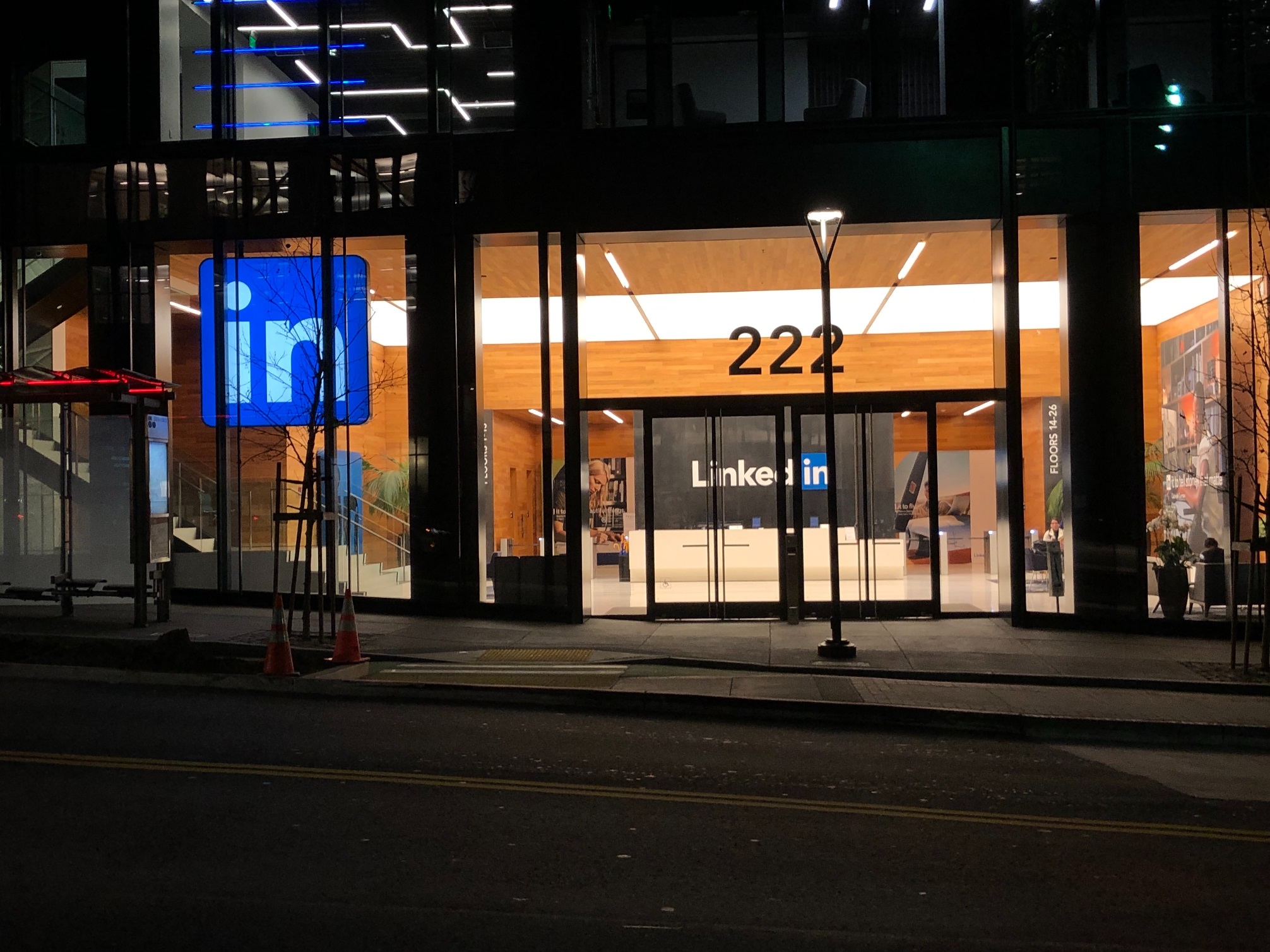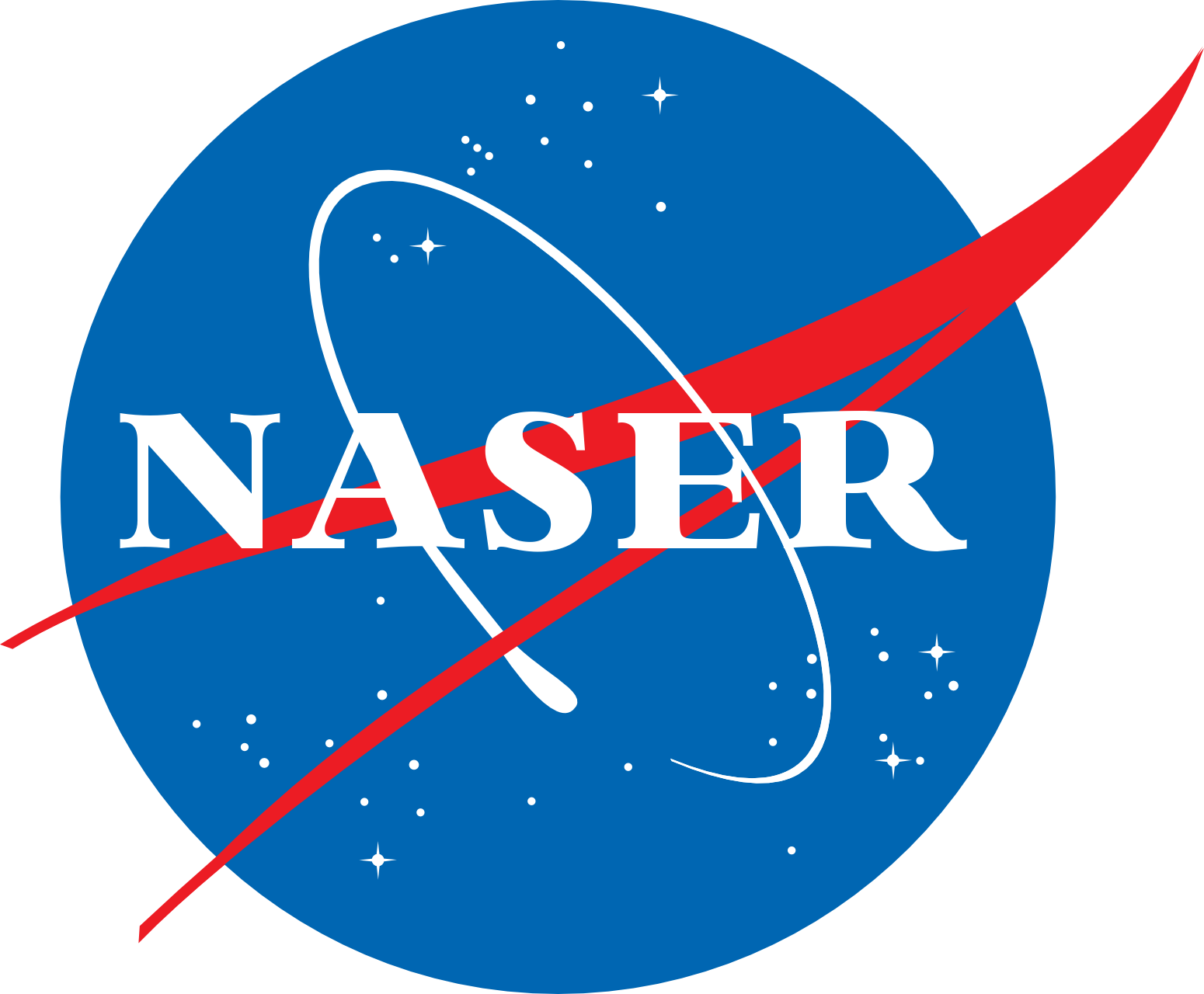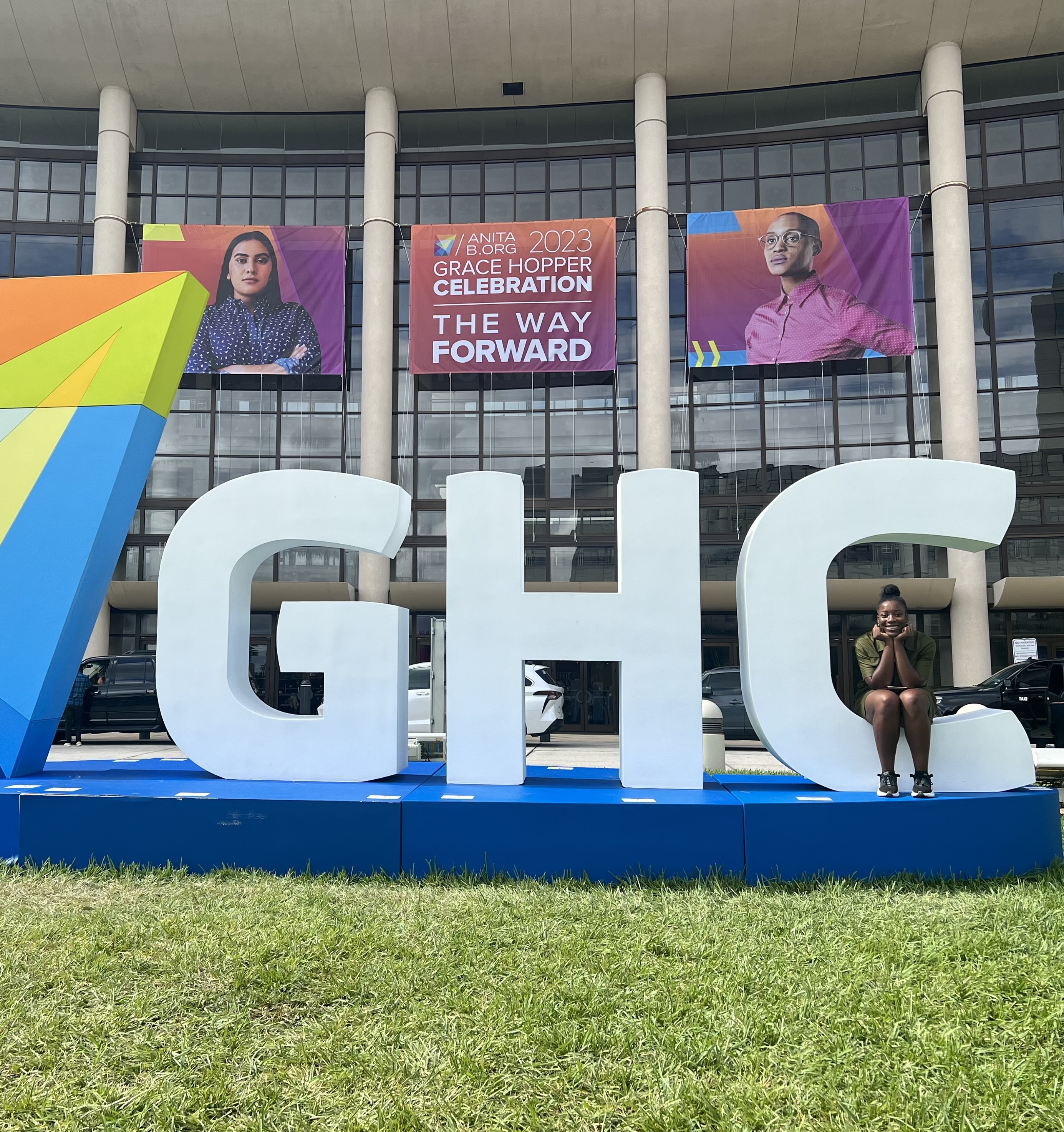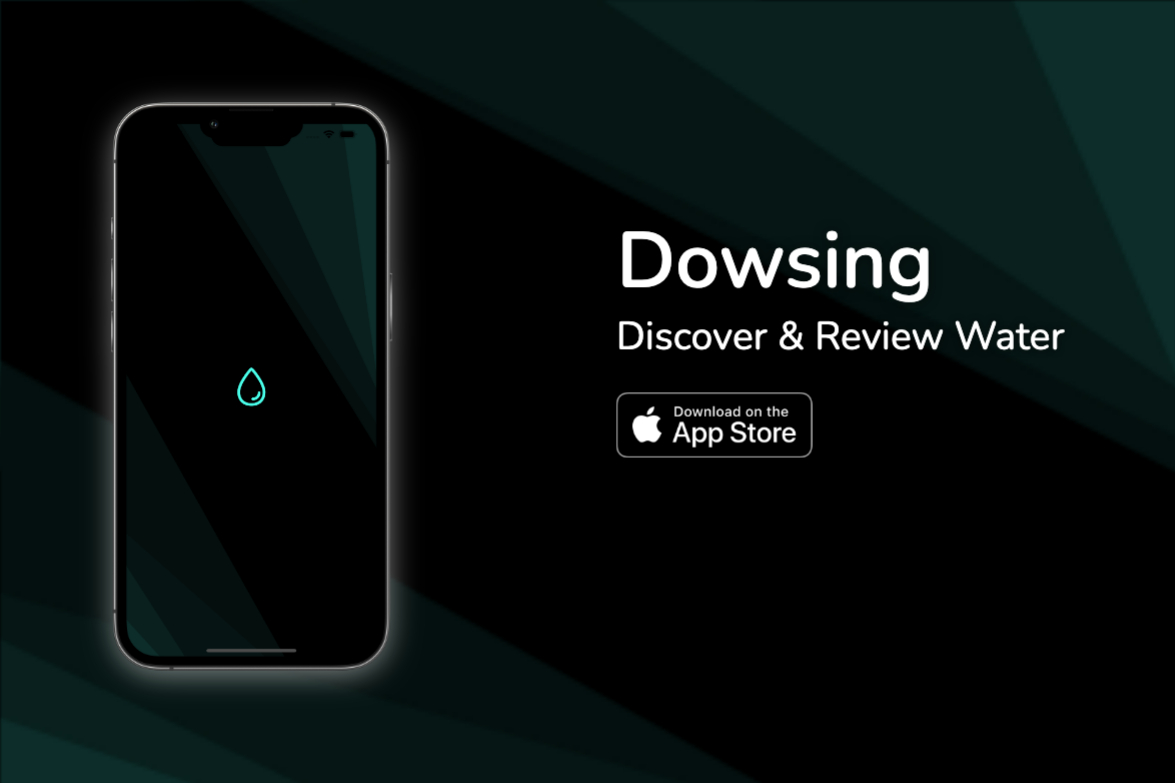Student Spotlight - Godfred Awuku '25 (LinkedIn)
Written on October 3rd , 2023 by Naser
Photo by Gabriel Varaljay on Unsplash
This post is part of a spotlight series highlighting the work of exceptional students and alumni. The series aims to facilitate knowledge sharing on topics such as internships, jobs, entrepreneurship, and graduate school.
Today, I have the pleasure of talking to Godfred Awuku ‘25, who will tell us about his recent experience as a Software Engineering intern at LinkedIn.
Naser: Can you tell us about your role and responsibilities during your tech internship?
Godfred: During my internship, I worked on the LinkedIn Premium team where I contributed to two features for a LinkedIn Premium subscription. I coded entirely in Java 8 and used other company-internal tools that resemble technologies available on the open market.
Naser: How did you find this internship? And why did you choose it?
Godfred: I discovered this opportunity on LinkedIn. Fortunately, I had friends who had interned at LinkedIn and other tech companies who vouched for the experience. One of the primary factors I was considering for my internship was the opportunity for mentorship, and LinkedIn offered the right environment and signals in that regard.
Naser: Can you tell us about the interview process? And how did you prepare for it?
Godfred: The interview process was fairly straightforward. After submitting an application, your resume is reviewed, and if you’re shortlisted, an online assessment is sent for you to complete. If you pass the assessment, a recruiter contacts you for the first round of interviews. This initial round mainly focuses on behavioral questions, understanding your interests, and discussing what an internship at LinkedIn entails. If you’re selected after that, you’re scheduled for a 1hr 45 mins technical interview, broken down into 60 and 45-minute segments, with a developer and a Hiring Manager from the Software Engineering team. There were three interviews in total. The primary objective during the interviews is to assess your problem-solving abilities and your thought process.
Naser: How did the internship align with your academic studies at Colby, and did it provide any unique perspectives or insights?
Godfred: What I learned at Colby, especially the ability to ask questions and communicate effectively, played a significant role in my job. In the software engineering world, asking questions is crucial. Specifically, CS333 was a class that resonated with me, aiding in my grasp of a new programming language, understanding multithreading, and writing tests to validate code.
Naser: What tips would you give students interested in pursuing an internship in the future but unsure of where to start?
Godfred: I’d recommend that students maintain a polished resume, an active LinkedIn profile, and a regularly updated GitHub page showcasing their personal projects. It’s also important to apply early. Brush up on your coding fundamentals, including data structures and algorithms, and approach interviews with confidence. For coding interviews, I found neetcode.io and the algorithms textbook from Professor Aaron’s CS375 class to be invaluable resources.


